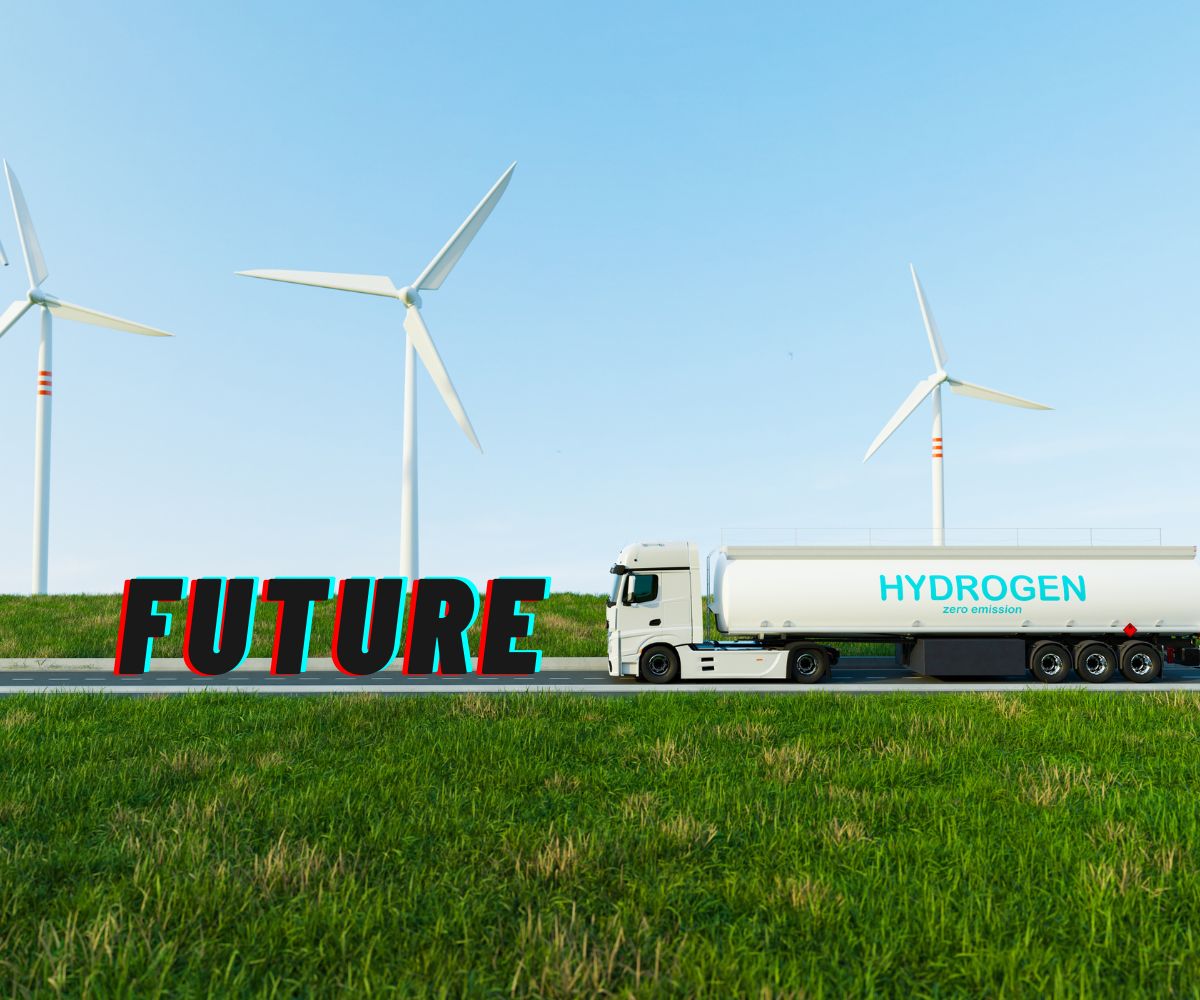
Economic Impact of Hydrogen Fuel Adoption in the Trucking Business
January 25, 2024A Forward-Thinking Fuel Strategy for the Modern Trucking Business Owners
In recent years I’ve personally witnessed the trucking industry facing tremendous pressure to lower its carbon footprint. Through my own experiences numerous companies have explored alternative fuel options—one showing real potential is hydrogen. While hydrogen is still an emerging technology there’s undoubtedly promise in it providing a solution from my perspective. Incorporating comprehensive fuel planning into your trucking business plan proves crucial based on what I’ve seen firsthand. As society progresses towards heightened environmental awareness cleaner fuels such as hydrogen could truly set businesses apart in my view. This approach will aid adherence to regulations while also portraying a positive image to ecologically conscious clients potentially leading to increased sales. Moreover advances in alternatives may yield substantial cost savings long-term.
Cutting Down on Fuel Expenses
While the initial monetary outlay required to procure a hydrogen fuel cell commercial truck exceeds that of a conventional diesel truck the enduring economic advantages are incontrovertible. Projections predict that the cost of hydrogen fuel will continue to decline relative to diesel fuel as the adoption of this novel technology proliferates across diverse industries. Consequently, fleet managers can expect meaningful reductions in fuel outlays thereby diminishing aggregate operational expenditures.
Trucking Business Reduction in Expenses for Maintenance
Through my years in the commercial transportation industry, I’ve observed firsthand that hydrogen fuel cell trucks demand significantly less servicing than diesel trucks. Whereas diesel vehicles require consistent oil changes air filter replacements and other periodic maintenance procedures to preserve optimum performance fuel cell trucks have exhibited minimal need for hands-on upkeep aside from occasional checks or minor repairs. For example, I yet to encounter a fuel cell truck in my fleet that requires brake work within its first 18 months of operation as is common among diesel models. This reduction in maintenance demands can translate directly to lower costs for trucking companies. Ultimately fewer required shop visits means increased uptime for fleets permitting more deliveries and potentially greater earnings over time.
Diversifying Income Generation: Exploring Alternative Revenue
Recent advancements in hydrogen fuel technology have introduced potential commercial applications for companies to evaluate. Organizations exploring investments in developing and distributing infrastructure for this renewable energy source may uncover revenue opportunities in fuel provision. Meanwhile manufacturers of fuel cell technology could diversify their portfolio by capitalizing on evolving capabilities in this domain. For instance, producers may contemplate broadening current product offerings to encompass those driven by hydrogen fuel cell technology. Such diversification lays the groundwork for sustained fact-based expansion in the long term.
Enhancing Your Eco-Friendly Image
The road freight industry faces a pressing need to curb its environmental impact. Hydrogen power appears to be a promising answer. Adopting this greener technology allows haulers to boost their sustainable image and consequently expand opportunities and major contracts from businesses aware of their footprint. In a world prioritizing ecological responsibility, a reputation for considering our shared home translates directly to commercial success. Concrete actions like powering trucks with hydrogen fuel demonstrate such responsibility setting businesses up to benefit both financially and through contributing to solutions for a livable future.
Government Incentives
Governments worldwide have instituted initiatives to incentivize businesses to embrace environmentally friendly technologies such as hydrogen fuel cell trucks. For example the state of California has enacted a program offering inducements for companies investing in hydrogen fuel cell trucks rendering this technology more financially viable for trucking firms. Likewise other global regions including Europe and Asia have put in place incentives encouraging corporate investment in hydrogen fuel adoption consequently yielding additional potential savings for trucking companies.
Overcoming Obstacles in Embracing Hydrogen Fuel
Despite the many proven advantages of hydrogen fuel utilization within the trucking sector such as decreased emissions and domestic energy sourcing the full-scale implementation of a hydrogen infrastructure and transition of conventional truck fleets has met with obstacles. Current data indicates that less than 1% of long-haul trucks operate using hydrogen as their primary fuel source. Widespread realization of the hydrogen economy’s promise will require overcoming barriers such as limited production and distribution networks for the element.
For the trucking industry to embrace hydrogen fuel cell technology as a viable clean alternative to diesel a cohesive national system of fueling stations must be established along major interstate corridors. Transportation executives will remain reluctant to fully invest in the new approach until their drivers can easily traverse long distances without range anxiety impending timely deliveries. While the concept holds promise environmental buildout of the infrastructure is crucial to address the needs of haulers and help accelerate the modality’s widespread adoption.
Considerable Initial Investment: Where as hydrogen fuel proves cheaper over the long term the upfront costs tied to procuring hydrogen fuel cell trucks can strain limited budgets often discourage many enterprises. As the production and storage equipment presently demands a premium cost due to its multifaceted engineering necessitating machinery specialized materials and extensive research the initial outlay for such an investment looms as large as upgrading a fleet of aircraft.
While the production of hydrogen fuel promises benefits for energy independence and sustainability its current methods still rely heavily on fossil fuels according to most analyses. This dependency raises valid concerns about the true environmental impact. Additionally the low density of hydrogen poses substantial challenges for transportation and storage requiring specialized infrastructure and equipment driving up costs significantly. More research into alternative production techniques may help address these issues to better realize hydrogen potential.
Public Acceptance and Regulation: As any new technology cultivating general approval and comprehension among the public plays a decisive role in how rapidly it may be embraced. Furthermore in the trucking industry specifically the lack of a cohesive set of policies to govern hydrogen fuels application in commercial vehicles currently deters many haulage companies from seriously considering a transition. In my view establishing both zealous grassroots backing as well as prudent progressive rules and directives will be indispensable to hastening the extensive implementation of this hopeful alternative fuel across the sector.
The adoption of hydrogen fuel technology presents trucking businesses with a universe of prospects. Rather than mere reductions in fuel and maintenance expenses, owners envision new avenues of profit from hydrogen’s deployment. While startup costs exist later rewards far outweigh initial outlays thanks to enduring financial gains. More so than competitors burning diesel hydrogen adopters will win customers eager to aid the environment. Support from leaders adds to hydrogen’s appeal and improving affordability will magnify that allure over the long haul.



 With over 15 years of reporting hydrogen news, we are your premier source for the latest updates and insights in hydrogen and renewable energy.
With over 15 years of reporting hydrogen news, we are your premier source for the latest updates and insights in hydrogen and renewable energy.